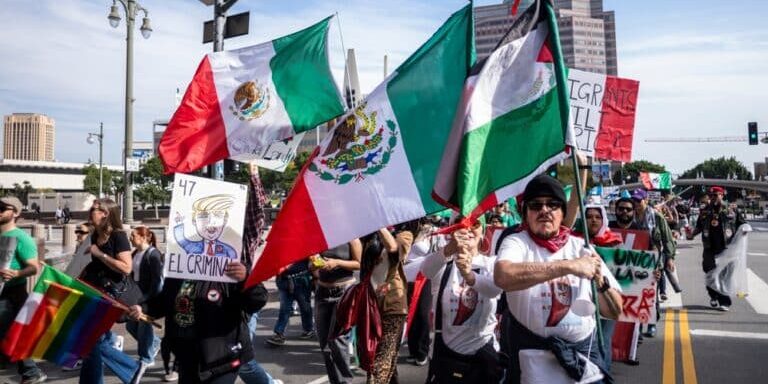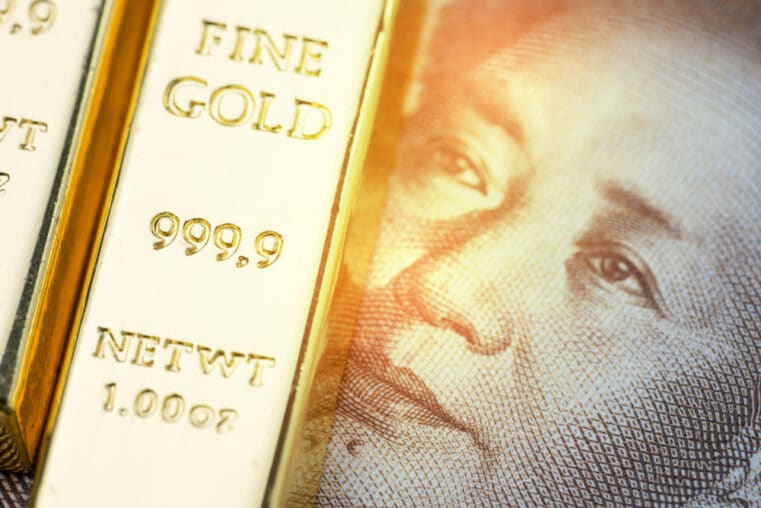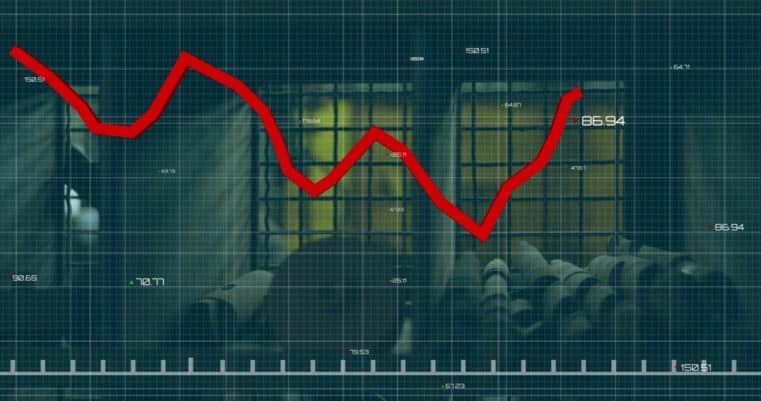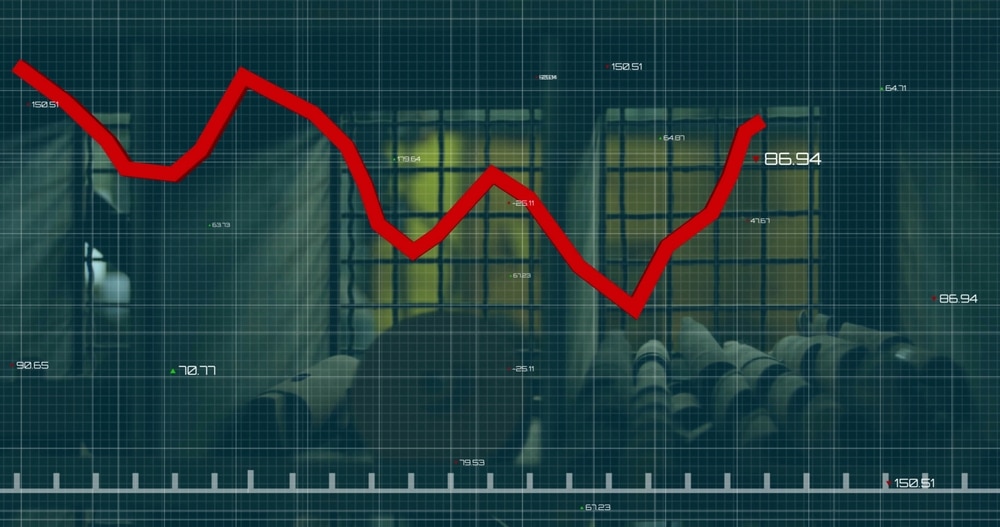
Mexico’s Boiling Point: Anti-American Rage Erupts in Mexico City as Locals Rebel Against Foreign Influx
Streets Descend into Chaos as Protestors Target Americans
Mexico City erupted in chaos last Friday as throngs of angry protestors flooded the streets, venting their fury against the waves of American transplants who, in their eyes, are pricing locals out of their own neighborhoods. Chanting slogans like “Speak Spanish or get out!” and brandishing placards demanding cultural subservience, the mob defaced buildings with threats—some reading “Kill a gringo.”
Storefronts were smashed. Tourists were cornered and heckled. Hundreds of demonstrators surged toward the U.S. Embassy and occupied stretches of the city’s metro system in a coordinated display of rage against what they called an “invasion.”
Hypocrisy on Full Display
You might think it a dark irony that such protests flourish in a nation where millions of citizens have slipped across the northern border in search of work. But it’s precisely this hypocrisy—rooted in government complicity and currency instability—that fuels the spectacle. While Americans flee the U.S. to escape runaway inflation and draconian policy overreach, they are greeted by locals who see them as the very agents of gentrification that push rents beyond reach.
According to the Associated Press, Americans can legally stay in Mexico for up to 180 days without a visa. This leniency has been a boon to remote workers and retirees flush with dollars, but a death sentence for local affordability. Entire districts like Condesa and Roma—once vibrant middle-class enclaves—are now hollowed-out Airbnbs, their coffee shops and taquerias catering to transplanted software consultants instead of families.
Economic Bubbles Fuel Cultural Backlash
One Mexican student summed it up succinctly:
“Many say it’s xenophobia, but it’s not. It’s just that so many foreigners come here, rents are skyrocketing because of Airbnb. Rents are so high that some people can’t even pay anymore.”
It didn’t take long for social media to erupt in sardonic commentary. One user quipped:
“Seems a reasonable request, let’s trade. 20 million Mexicans for the few thousand Americans over there.”
Another observed the contradiction we all see but few dare to say out loud:
“It’s wild to see Mexicans in Mexico riot against immigration and demand enforcement, and to see Mexicans in the US riot against immigration enforcement.”
When even the Department of Homeland Security can muster only a wry “Oh” in response, you know the farce has reached terminal velocity.
Don’t Wait for the Next Crisis
This is what happens when governments inflate asset bubbles and paper over societal tensions with cheap debt and hollow rhetoric. Borders grow porous for capital and bodies alike, but at the local level, communities fracture. The lesson should be clear: When you allow politicians and central banks to rig the housing market while exporting your own economic refugees, eventually the reckoning arrives.
If you haven’t yet taken concrete steps to secure your own financial independence—and protect your wealth from the same forces of speculation and currency decline—don’t wait for the next crisis to remind you.
Recommended Reading and Resources:
- Download Bill Brocius’ free guide “7 Steps to Protect Your Account from Bank Failure” here.
- Pick up a copy of Bill’s essential book “End of Banking As You Know It” to understand how these global contradictions will accelerate in the years ahead.
- Subscribe to Bill’s Inner Circle newsletter for $19.95 to get timely insights that help you stay two steps ahead of the system that wants you broke and dependent.
Don’t let yourself become collateral damage in someone else’s crisis. Take charge while you still can.












